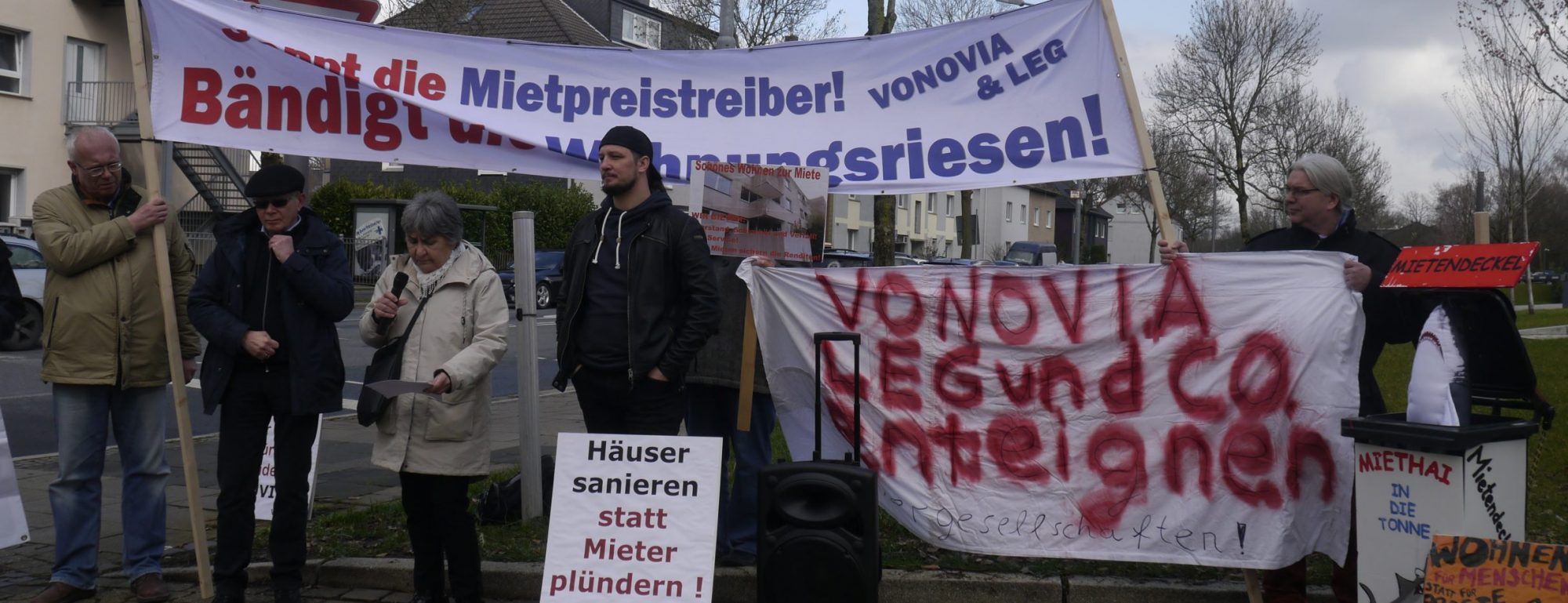demands for investment prgrammes and non-profit housing sector
On May 31 the assembly of the German tenant union DMB expressed concerns regarding “the still expanding negative impacts of the financial and Euro crisis and the neoliberal austerity policies on housing conditions in Europe, like housing losses for economic reasons, evictions and permanently increasing housing costs.”
In cooperation with the IUT (International Union of Tenants) the board of the DMB was called to “develop proposals for an improvement of legal European conditions in favour of the tenants.”
This decision was weaker than an original motion which already identified the following priorities for action at EU levels:
- Responsible European institutions (Eu-Commission, ECB etc.) and influential governments (not at least the German government) should do their utmost to prevent further economically caused housing losses and forced evictions, especially in crisis countries such as Spain, Portugal, Greece and Italy. The terms of the “support programs” should not lead to housing misery.
- It should be considered to create European institutions for the transfer of foreclosed homes into social / public rental housing. This could also lay a cornerstone for the development of European revolving funds for financing the construction of social rental housing (e.g. as a public European Housing Bank).
- There shall be no further privatizations of public housing. The sale of public banks and housing stocks across Europe to private equity funds must be stopped. Cross-border real estate transactions need to be taxed effectively. The income of the taxes could serve the European housing program.
- We need European guidelines for requirements for legal tenant protection and eviction protection.
- We need European standards for private insolvency law and more protection against loan sharks.
- New joint efforts are needed to put an end to the partly extreme legal, social and racial discrimination of the victims of housing shortage.
The demands were not decided, but kept as propoals for further debates. They should be discussed more broadly, the authors of the motion think.
***
A couple of other decisions may be of international interest too:
In a “key motion” the DMB-board criticized the austeritarian dogma of deficit free public budgets as well as the immense redistribution of wealth – including housing – in favour of the wealthy. The clarity of these critical views was new for the DMB and it resulted in demands for a huge public investment programme, which should include housing.
All delegates agreed on a motion which demands the development of a new non-profit housing sector in Germany. A very successful mobilization for a referendum in Berlin for social public housing shows that mass support for real alternatives to private profit housing can be mobilized.
All delegates agreed on a stronger organisational focus on the financialized and publicly listed rental housing sector. This focus includes political demands as well as a new way of coordination of advice and advocacy with the tenants of big landlords.
Reacting to the new German law on “rent breaks” (which at the moment get introduced in some regions with rocketing rents) delegates voted for demands towards broader, more effective and standardized regulations on rent increases. While it can be stimulating for others that in Germany we are partly having a policy on stricter rent increase regulation it is also obvious that we need to discuss more radical concepts on rent control which re not based on the illusions of transparent housing market.
There had been many demands on other legal aspects of rental housing, i.e. regarding security of tenure. There also were demands for changes in taxation and finance. And there was a statement for the support of housing for refugees.
The local DMB-associations in Gremany together have more than 1.2 million members. Tenants in German cities build the (partly huge) majority of inhabitants.. Thus, in phases of housing crisis (as now) the demands of organized tenants become political top issues.
